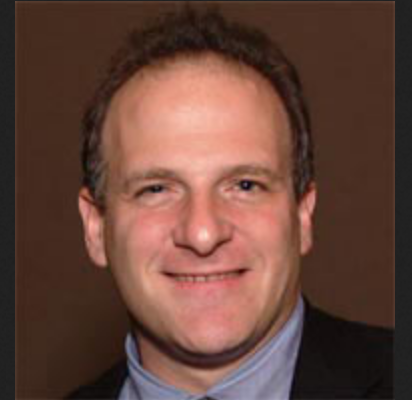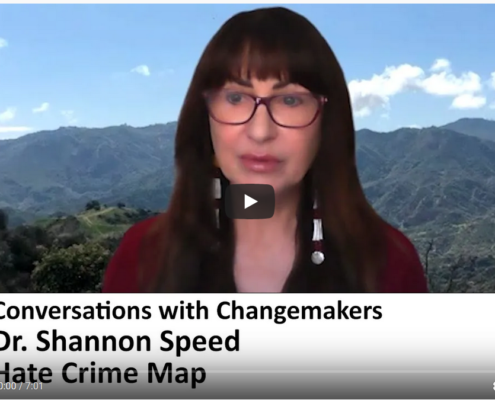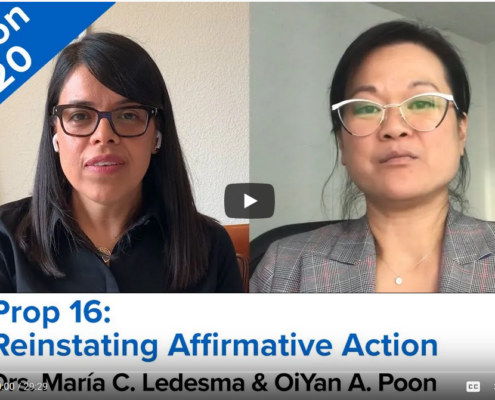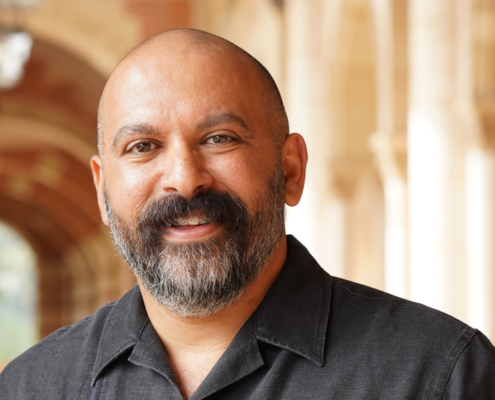Posts

UCLA Professor Urges Americans to Act for Children, Our Global Future
As a guest author for Scatterplot, Dr. Aliza Luft, UCLA assistant…

Gift Establishes The Study of Black Life and Racial Inequality Program Fund in Anthropology at UCLA
UCLA Anthropology alumnus and Professor Robert B. Lemelson has…

LA Social Science Presents “Conversations with Changemakers” Featuring Dr. Shannon Speed Discussing The Hate Crime Map Project
LA Social Science recently spoke with Dr. Shannon Speed,…

TIME100 Talk Features UCLA Center for Critical Internet Inquiry
On October 20, UCLA's Dr. Safiya Noble will be in conversation…

LA Social Science Election 2020: A Discussion with UCLA Alumni Experts About CA Prop 16 to Reinstate Affirmative Action
Two UCLA alumni experts explain the importance of Proposition 16.…

UCLA Social Sciences Dean’s Salon: Protecting the Right to Vote in the 2020 Presidential Election
Darnell Hunt, Ph.D., Dean of UCLA's Division of Social Sciences,…

LA Social Science Book Series on “Inventing Latinos” and American Racism with Professor Laura E. Gomez
In the latest interview in the book series, UCLA Professor…

UCLA Professor Interviewed About COVID-19 Impact on Native American Community
BBC's Newsday interviewed Dr. Desi Rodriguez-Lonebear, UCLA Associate…

RSVP for an October 6 Webinar w/ UCLA Prof. Lynn Vavreck & CBS’s John Dickerson Discussing the 2020 Campaign
U Heard It Here
“The 2020 Campaign for the Hardest Job in…

Challenging the Problematic Description of Being “Articulate While Black”
Dr. H. Samy Alim, UCLA Professor of Anthropology and David O.…

